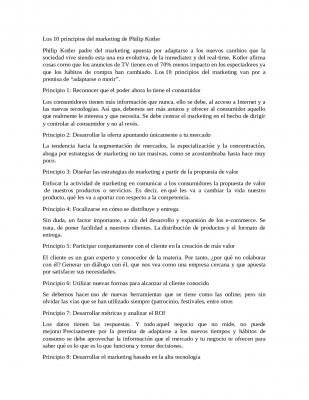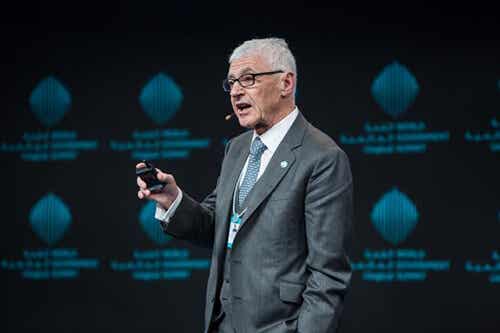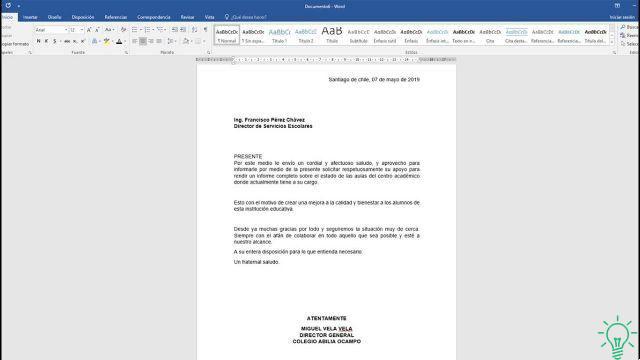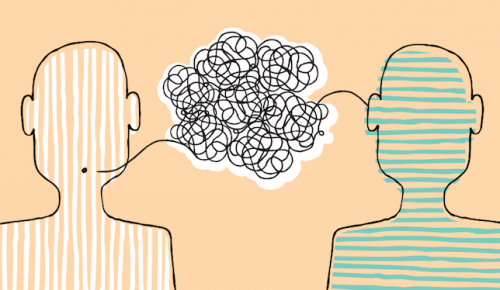We call coworkers bad apples who make constant use of criticism, negativity and abuse. With their behavior they infect the entire company structure causing stress, suffering and low productivity.
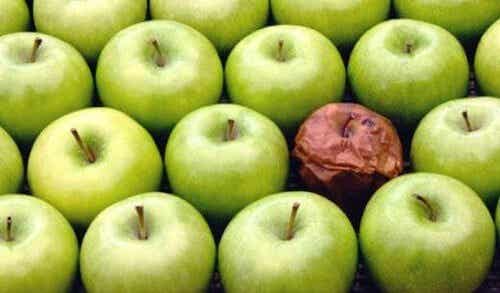
Written and verified by the psychologist GetPersonalGrowth.
Last update: 15 November 2021
According to the bad apple theory, there is an element in every business organization that can negatively influence others with its attitude or personality. His presence not only causes discomfort, more days of mutual and unhappiness in the working environment, but also represents a serious economic damage for the company.
"What can I say? I hired the wrong person and he destroyed everything I had built in 10 years ”. These are the words of Steve Jobs, referring to John Sculley, CEO of Apple, due to which he had to leave the company of which he was co-founder. This famous case is not the only one. According to a study conducted by the Glassdoor group, 95% of companies happen to hire at least one bad apple a year.
How is it possible? Can a single person exert such an influence as to alter the dynamics of an entire organization and generate such a negative impact? Experts speak of the domino effect.
There are personalities so toxic that they are capable of undermining the morale of an entire work group. But that is not all. In many cases, the wave does not only reach colleagues; even customers can suffer from a bad working method, failure or the presence of negative figures. Let's see more data on this topic.
Recruiting is not always easy for a company; especially when interviews and personality tests are not accurate in predicting the candidate's future job performance.
The bad apple theory: one person can destabilize an entire organization
The rotten apple theory has been known for years, but we are still unable to prevent this phenomenon today. The University of Washington conducted an interesting study in 2007, directed by William Felps.
This research confirmed that the negative behavior of an element can have a huge influence on the whole structure. And not only that, problems in the workplace often cross company walls and reach the family and personal sphere. Conflicts in the workplace do not stay there, we always carry them with us. The impact, therefore, is substantial at every level.
If we now dwell on the personality of those who assume the role of "bad apple", capable of infecting colleagues, it is likely that you recognize some of the following behaviors:
- Avoidance of responsibilities, coming to put one's work on others.
- Pessimistic, defeatist and extremely critical attitude towards everything.
- Bullying, use of aggressive behaviors with frequent use of intimidation, criticism, sarcasm.
- Dishonest behavior to the point of illegality, with the use of deception, blackmail, drafting of false documents, etc.
Why don't companies have bad apple filters?
One aspect that emerges from the rotten apple theory is the following: companies have a habit of hiring quickly, but firing slowly. What does this mean? In many organizations, the need to fill a position can force the selection process to become quick but inefficient.
In some cases the urgency leads to not taking into account important values. To this is added another essential aspect: often the candidate's evaluation tests do not allow us to guess hidden aspects of the personality or to predict future behaviors once the element is inserted in the working context.
In many cases, therefore, the recruiter is convinced by mere skills, a vast curriculum, qualifications or experience, the way the candidate presents himself and assertiveness. However, you don't always have the time to deepen soft skills, such as teamwork, positive attitude, sensitivity to others, self-control and emotional intelligence.
What to do when the selection process does not filter out the rotten apple?
As we said at the beginning, on average every company comes across one bad apple per year. If the selection process fails, the consequences are quickly noticed. A toxic working climate is created, employees feel frustrated and live on the defensive; stress appears and drops and productivity problems begin.
How to defend yourself? Typically such a situation does not resolve quickly. According to the bad apple theory, it takes time for the company to take action. The first to suffer from this delay are colleagues. Understandably, it is not always easy to report such behavior or persuade management to take action.
Too many companies continue to function through verticality and not horizontality. In other words, there is not always a direct and flexible communication between employees and management. It is this corporate hierarchy that makes bad apples persist, increasing instability.
Toxic colleagues, on the other hand, should be identified as early as possible for the good of the entire organization. Once the problem has been identified, an intervention plan can be initiated, for example by improving their ability to work in a team. If that doesn't work, the person can be moved to a less interactive position and, as a last resort, they will have to be fired. In any case, it is a situation that requires decisive, swift and effective action. Passivity only creates degradation, which results in severe losses.







